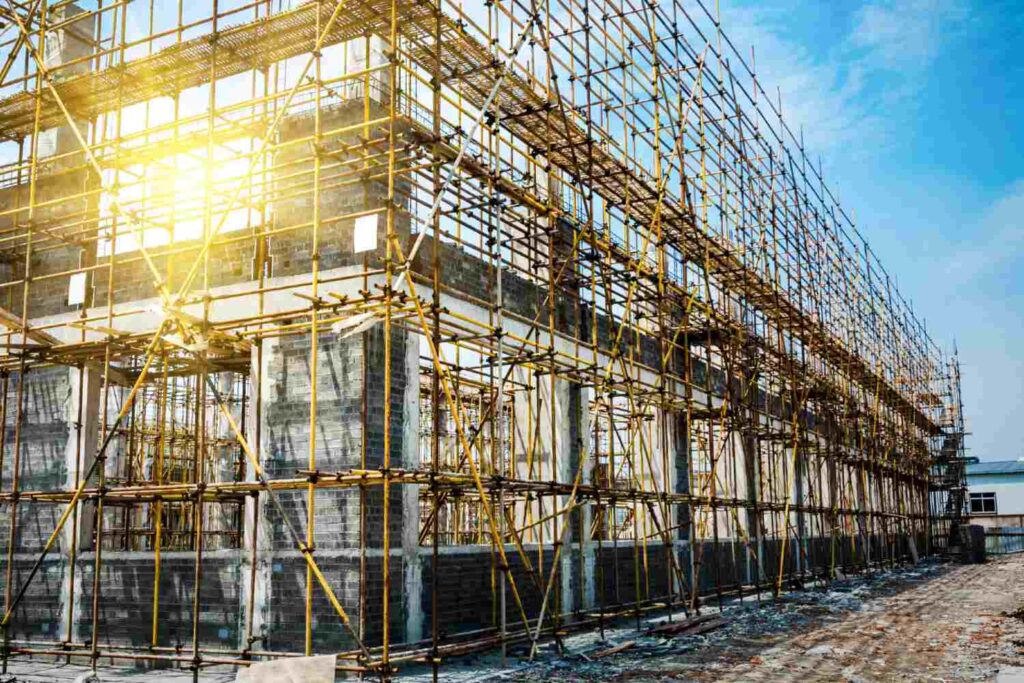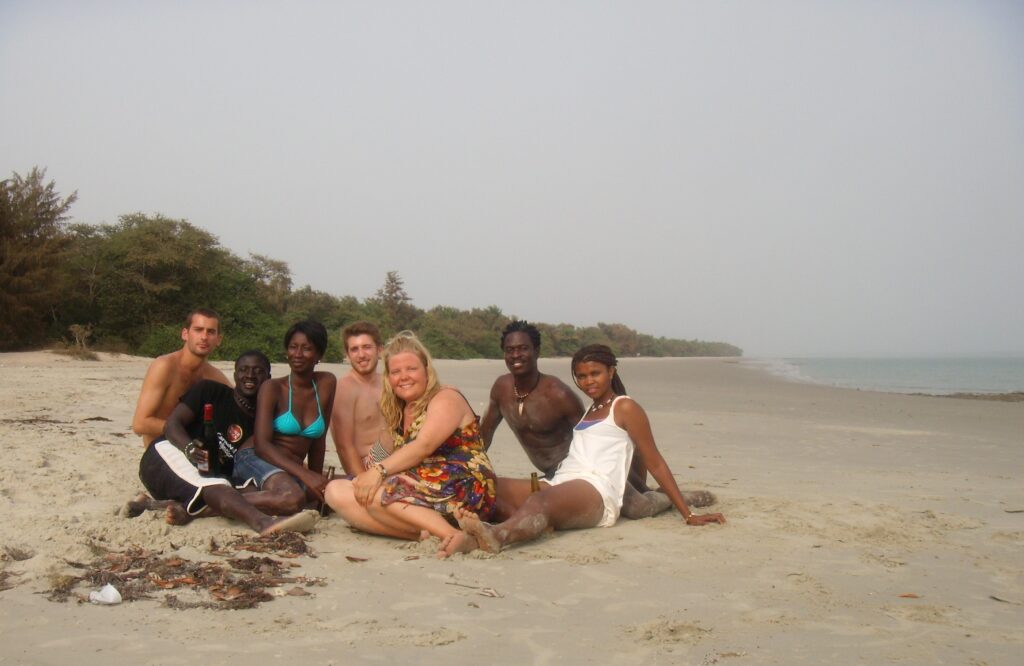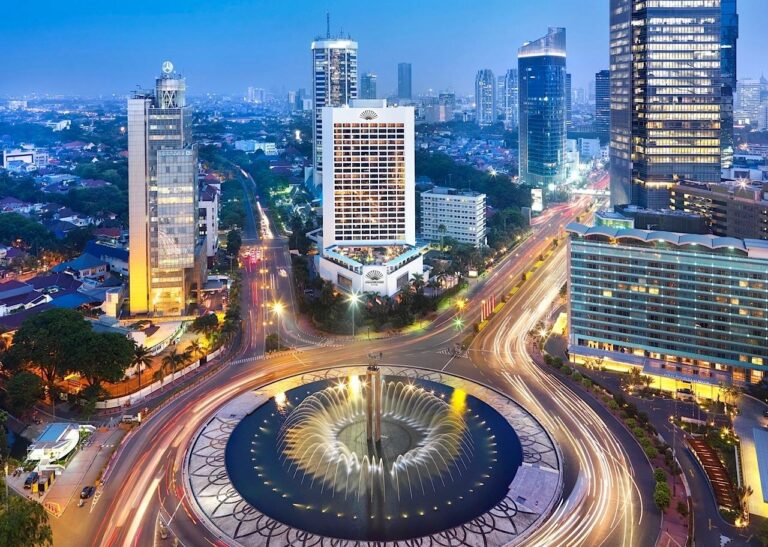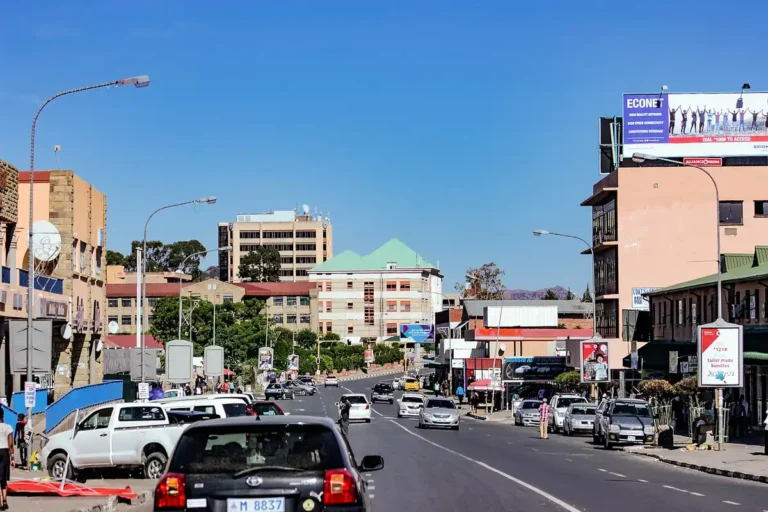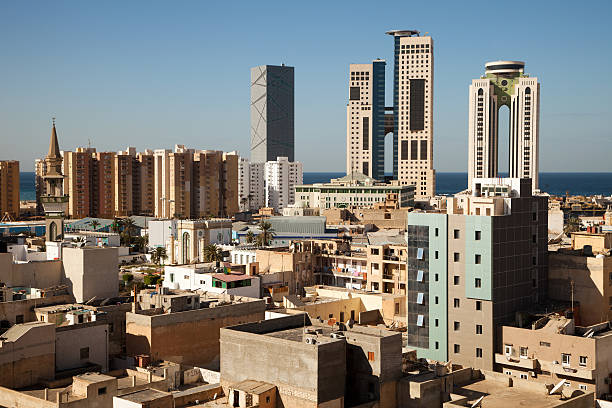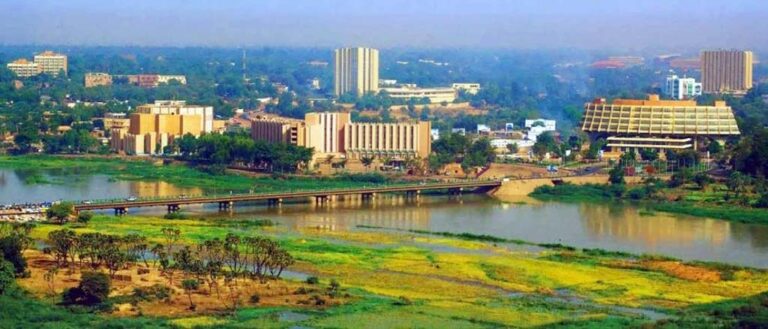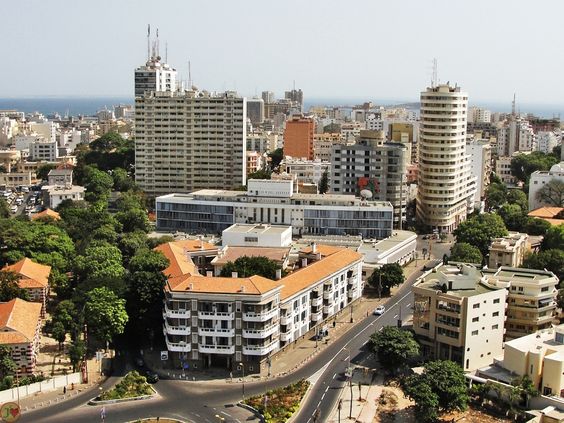Guinea-Bissau officially the Republic of Guinea-Bissau due to its capital Bissau, is a country in West Africa that covers 36,125 square kilometres (13,948 sq mi). It borders Senegal to the north and Guinea to the south-east. The current population of Guinea-Bissau is 2,107,356 as of Monday, July 3, 2023, based on Worldometer elaboration of the latest United Nations data.
Umaro Mokhtar Sissoco Embaló is a president of Guinea-Bissau since 27 February 2020.He is a political scientist and military officer who previously served as prime minister between 18 November 2016 and 16 January 2018.
Guinea-Bissau is easily self-sufficient in food production, and the majority of labour is devoted to agriculture at the subsistence level; some crops are raised for export. Various small-scale industries and services also generate a part of the gross national product. Because of a variety of damaging factors—including an exploitative colonial inheritance, war damage, inflation, debt service, corruption, subsidization, poor planning, civil disorder, and mismanagement—, the economy has fallen far short of its promise, resulting in a protracted negative balance of trade and Guinea-Bissau’s status as one of the world’s poorest countries.
Like many countries in West Africa, Guinea-Bissau is a country made up of young people. The median age is 19.
Three major problems affecting Bissau’s youth: health care, particularly the general lack of information, inadequate training and education; and unemployment. This is a country where more than 30 per cent of the population can’t find a job.
The keys developments documents used by Guinea Bissau for its development sustainability are: United Nations Sustainable Development Cooperation Framework For Guinea-Bissau 2022-2026, BISSAU 2030: integrating the Sustainable Development Goals into Bissau’s Urban Development Plan and Guinea-Bissau country strategic plan (2019–2024)
Business opportunities in Guinea bissau
The agriculture and energy sectors are two key drivers of the economy. Many opportunities are available in the agriculture sector. Having a large expanse of undeveloped land combined with the prevalence of traditional farming techniques means that modernization can have a major impact on productivity. The country’s stretch of Atlantic coast and natural beauty offer potential investment in tourism (notably in the Bijagos Islands). Investment opportunities are available in the following sectors telecommunications, energy, construction and development, manufacturing, livestock, fisheries, agribusiness and agro-processing, tourism etc.
